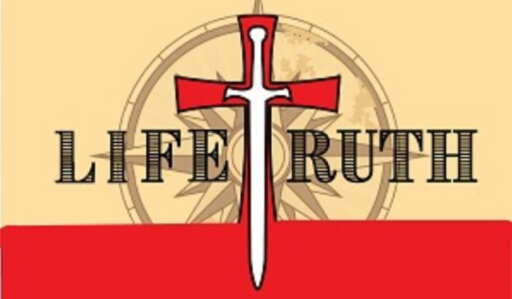We begin a fresh teaching in the book of John, starting with John 13:1-11
in his opening verse, at least three things are happening. John places the time just before Passover. As J Vernon McGee points out this is not the actual Passover meal, but a regular meal that would’ve happened on Thursday evening. Jesus knew his hour had come, and he would return to the father shortly.
The statement that he loved then to the end does not mean to the end of Jesus life on the cross. Elsewhere he is called Alpha and Omega, beginning and end, but this is in terms of natural creation. where is the end of an eternal being? where is the end where eternity is involved?
J Vernon McGee points out the extra man in the room. there were 12 disciples, plus Jesus, + Satan. the betrayal of Judas, is more than just a mere choice. was he motivated by greed? By political power? Or with something else? regardless of what it was, his temptation was multiplied when Satan got involved.
There are no surprises where God is concerned, he knows his purpose, and his timing. he knows that he alone is in charge Jesus also knew this. he knew where he came from, and knew where he was going.
Verse 4 makes it appear Jesus stripped off all of his close, so I’m glad that J Vernon McGee pointed out that it was only his outer garment. a person’s inner garments were designed for comfort, and being At ease in working. the only thing Jesus added to this casual costume was a towel, or again, as J Vernon McGee points out it would more likely have been a Linen plot . it would have served the same purpose as we use a towel today .
what does Jesus intend to do ? in this casual gathering at supper, one important Lowly service had been overlooked .
Jesus began washing the feet of his disciples, a chore normally reserved for the lowliest the servants. one common description John the Baptist had of himself , was that he was not fit to untie the shoestring of the master . the untying of shoes, and washing of feet were the lowest of low when it comes to a servant’s duties.
while other disciples seemed to be passably taking this development in stride , Peter is having none of it . the thought of his master reducing himself to this lowly position with more that he could take .He didn’t want to see his beloved leader humiliated in this way .
This was the concept that went beyond what disciples could grasp. they didn’t understand it . Jesus simple response should’ve been enough.
Never is a long time, and Peter’s intention was to never ever want to see his master Humbled. His was is a natural emotion for faithfulness and devotion are part of the relationship. Jesus knew that worse humiliation was to come quickly . he needed to revealed enough For Peter to know he had to decide is he in? or is he out?
At this early stage, Peter may not have understood the theology Jesus intended , but he knew he wanted to be all in for the cause of Christ.
You are completely clean, but not all of you. There’s a double meaning here . individually, if a person it’s clean they only need a touchup . may be a napkin to wipe at the corners of your mouth or cleaning up some greasy fingers. in this case, just a matter of rinsing dust off of feet was all that was needed.
the second meaning is that as a group, not all of them were clean . the phrase, not all of you , of course referring to one of their memberships . not an individual body part.
Not all of you are clean. Jesus knew who he meant . John takes this moment to offer an explanatory note for the reader to understand what was meant.
We end our discussion at this abrupt moment, but stay tuned as a pickup on the important statement found in verse 12.
12 So when He had washed their feet, and taken His garments and reclined at the table again, He said to them, “Do you know what I have done to you?
Will revisit this verse to springboard into the verses that follow when we return as our next installment.
Podcast: Play in new window | Download (Duration: 59:18 — 26.2MB)
Subscribe: Apple Podcasts | Amazon Music | Podchaser | RSS | More

